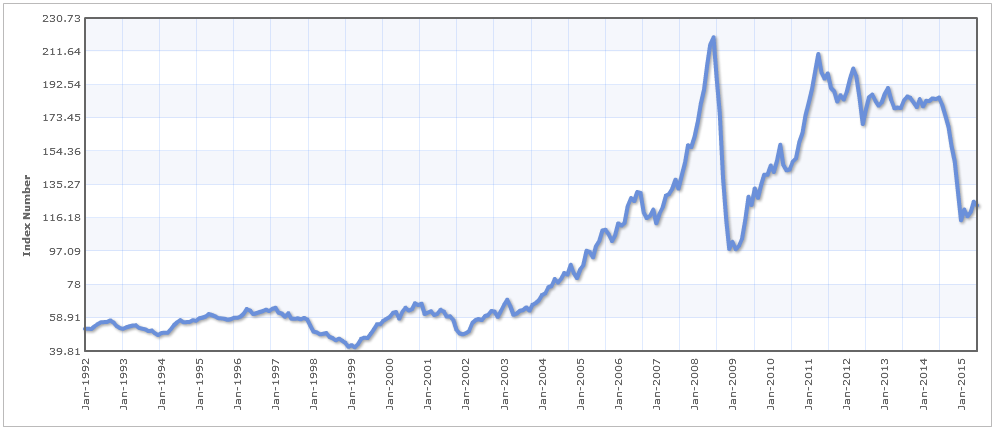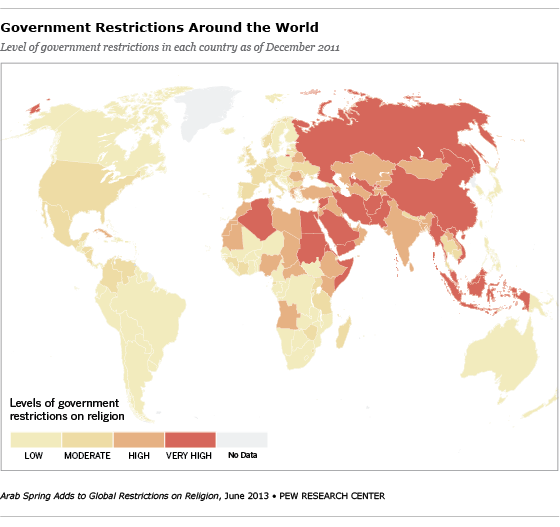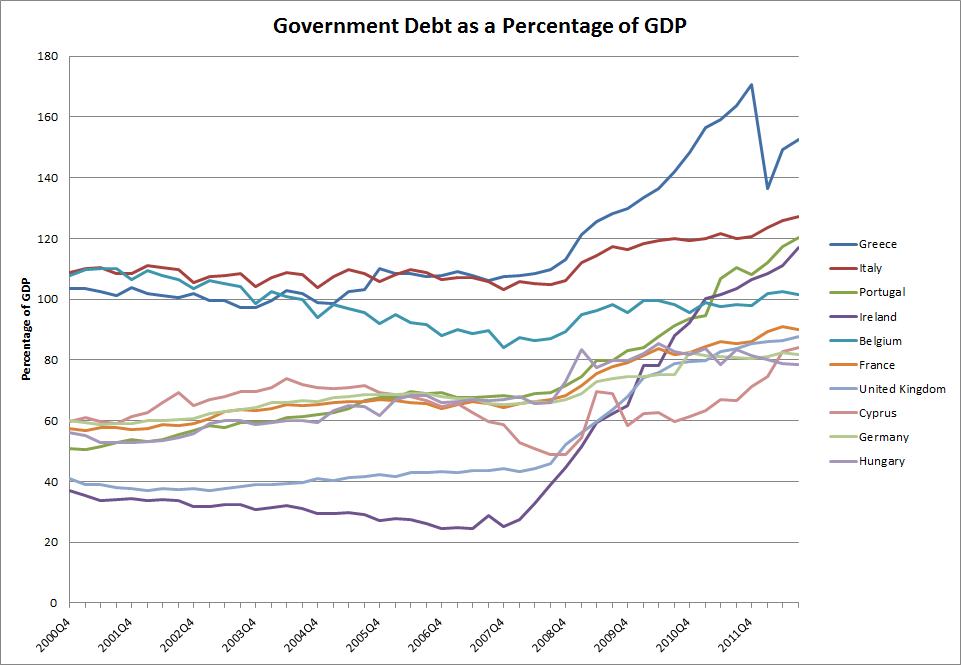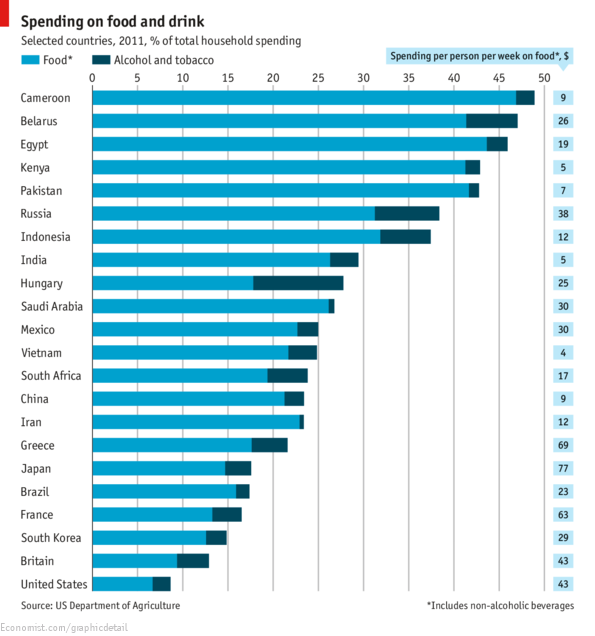We are very excited to announce that the results of the surveys we have been running on the site are now available in our new Global Surveys section. We started by asking our visitors the following questions:
- How big of a problem is police corruption in the country where you live?
- How big of a problem is corruption in the justice system in the country where you live?
- How big of a problem is government corruption in the country where you live?
- How big of a problem is drug-related crime in the country where you live?
- How big of a problem is violence against women in the country where you live?
- How big of a problem is air pollution in the country where you live?
- How big of a problem is discrimination against women in the workplace in the country where you live?
- How big of a problem is racial discrimination in the country where you live?
- How big of a problem is religious discrimination in the country where you live?
- How big of a problem is lack of access to quality health care in the country where you live?
- How big of a problem is lack of access to quality primary and secondary public education in the country where you live?
The answers we received have given us a new understanding about the perceptions that ordinary citizens have regarding some of the most pressing problems of our time.






